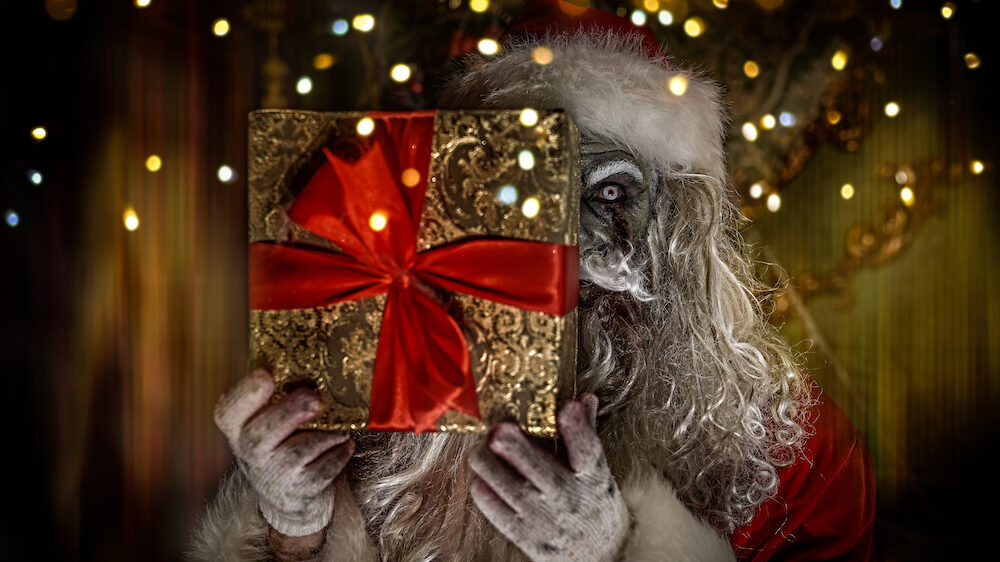For me, Christmas is truly Christmas when two things occur.
One is the traditional one-time watching of White Christmas that can only occur between December 1st and December 25th, and the other is upon hearing the Andy Williams version of “It’s the Most Wonderful Time of Year” for the first time and changing the lyric a bit to “It’s the Most Wonderful Time for a Beer.” Cracks me up every time.
But did you know the holiday season was actually once considered much scarier than cheery? In the above-mentioned song, there is the line that “there will be scary ghost stories and tales of the glories” and I for one had always wondered how that made its way in there. Well, here is some historical context.
Early – and Scary – Christmas Traditions
Many of today’s Christmas traditions were either started or modified by Victorians, one of them being that the Victorians loved scary stories, and a great time to share them would be when the entire family was together at Christmas.
The first, and easily most famous example of this, has to be Charles Dickens’ A Christmas Carol. Although the story has been adapted in many different ways over the years, at its core it remains a true ghost story.
Additionally, I’m sure some are not aware of the fact that Dickens’ most famous Christmas story was not the only Christmas ghost story he had written. As a matter of fact, there is a wonderful book called Charles Dickens’ Christmas Ghost Stories, a collection by him that includes ten of his Christmas ghost stories written for magazines of the time.
Supernatural Christmas Traditions
There were also elements of the supernatural that were part of Christmas traditions and beliefs at the time.
Based primarily in Europe, supernatural activity was believed to be especially high on Christmas Eve. Poland and Germany seemed to take this to another level by believing that a child born on Christmas Eve was more likely to become a werewolf. I guess the only question I might have about this is, did any of these children actually become werewolves? I only wish I could replicate Jerry Seinfeld’s inflection with this question; it certainly seems like something he would ask in his distinct way.
Lastly, there was even a time when caroling was almost more of an extortion tactic than a time of spreading holiday cheer through song.
Europe always seems to be the origin of these unique traditions and this one is no exception, dating back to the 19th century. The poor would go door to door – more like Halloween than caroling – offering to sing, hoping to be invited in for food or drink, or perhaps another gift of some sort. If the wealthy home owner did not comply, well, the carolers wouldn’t be held responsible for what might happen to the owner’s yard.
So in conclusion, it’s safe to say that while in today’s world we have moved past traditions such as the ones discussed, I would say it’s sadly more because of the emphasis on the commercial aspects of the season. And while that’s all well and good, I for one am going to continue to do my best for our grandchildren going forward to keep the “magic” of Christmas alive both from a Santa perspective as well as sharing the story of the reason for the season.
